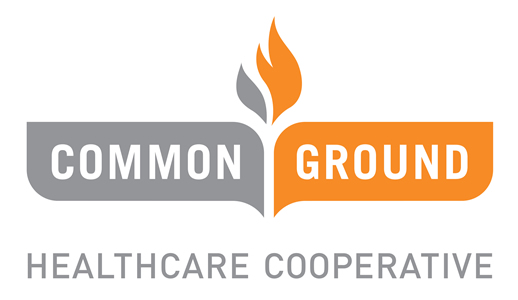Whether you’re a large employer seeking more consistent out-of-pocket costs or a small business owner who’s just getting started, health reimbursement arrangements (HRAs) are an excellent employee health insurance solution.
We have deeper information on both Individual Coverage Health Reimbursement Arrangements (ICHRAs) or Qualified Small Employer Health Reimbursement Arrangements (QSEHRAs). It’s important to know the differences to choose what is best for your business.






